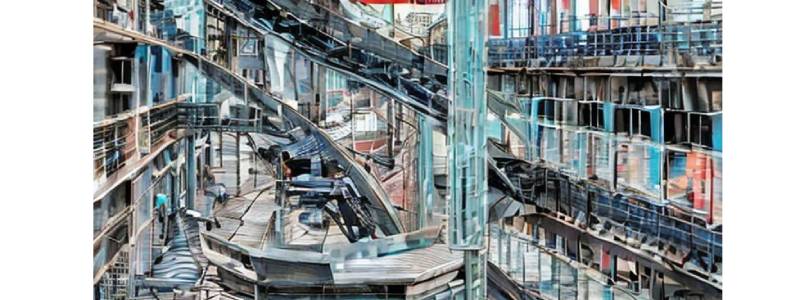natural language processing
Events
People
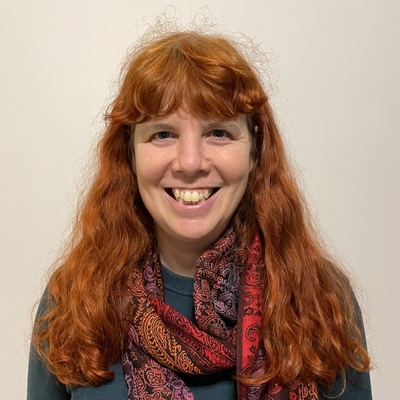
Amy Isard
Research Associate
IDGS
amy.isard@uni-hamburg.de
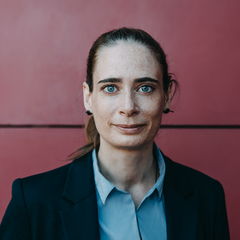
Anne Lauscher
Professor of Data Science
anne.lauscher@uni-hamburg.de
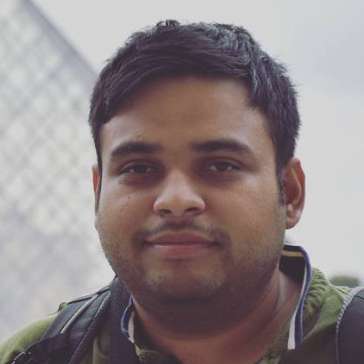
Debayan Banerjee
research associate
debayan.banerjee@uni-hamburg.de
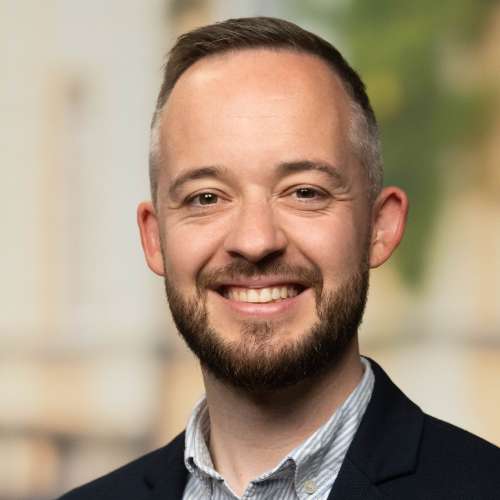
Dirk Hartung
Executive Director, CLTDS
dirk.hartung@law-school.de
Institutions
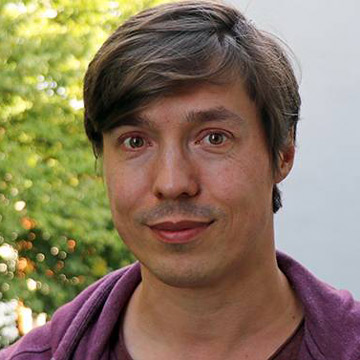
Gregor Wiedemann
Senior Researcher Computational Social Science
Head of the Media Research Methods Lab (MRML)
g.wiedemann@leibniz-hbi.de
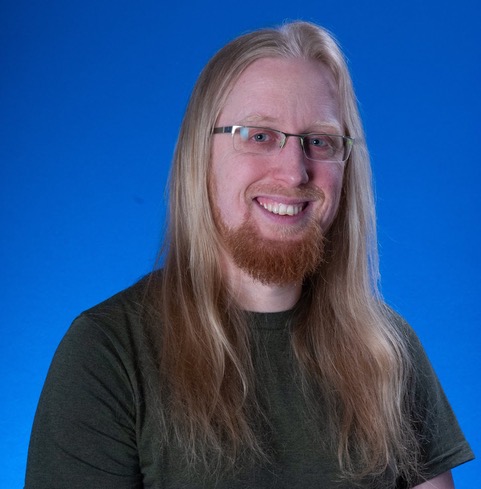
Marc Schulder
Research Associate
IDGS
DGS-Korpus project
marc.schulder@uni-hamburg.de

Ricardo Usbeck
Professor, Professorship for Information Systems, in particular Artificial Intelligence and Explainability
ricardo.usbeck@leuphana.de
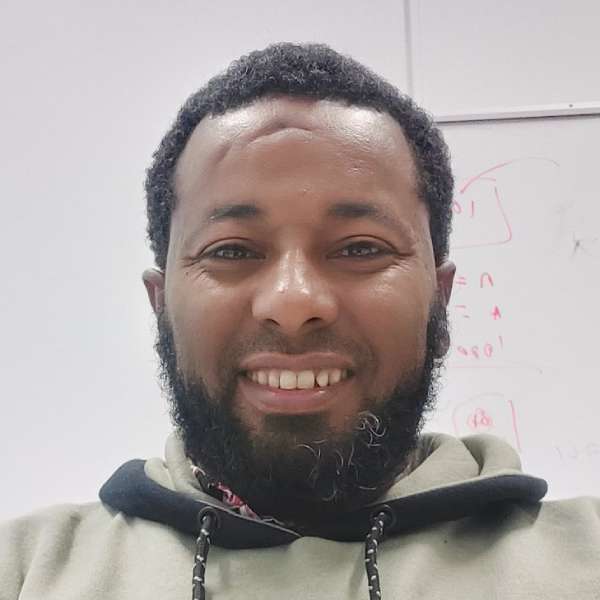
Seid Muhie Yimam
Technical lead, HCDS
seid.muhie.yimam@uni-hamburg.de
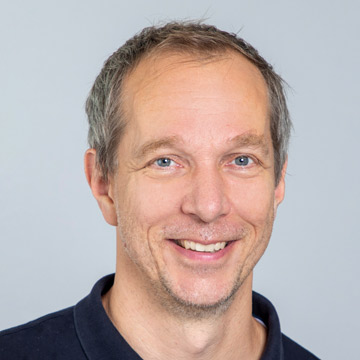
Stefan Bonn
Institute Director, Institute of Medical Systems Biology
Professor for Systems Biology
stefan.bonn@zmnh.uni-hamburg.de
Institutions
Institutions
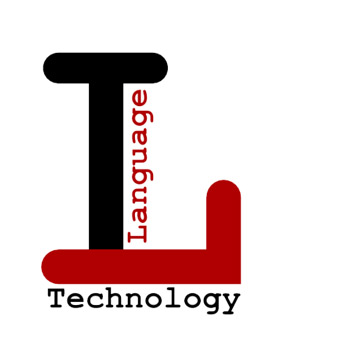
Language Technology Group, Dept. of Informatics, UHH
Research group working on all aspects of natural language processing with a focus on semantics, human-in-the-loop methods and adaptive systems
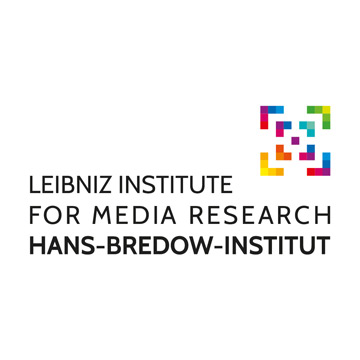
Media Research Methods Lab at the Leibniz-Institute for Media Research | Hans-Bredow-Institut
The Media Research Methods Lab (MRML) at the HBI combines the methodological expertise of the HBI in an organisational unit that focuses on linking established social science methods with novel digital procedures.
People
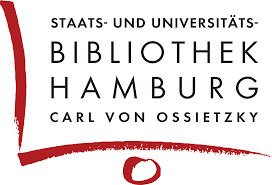
Referat für Digitale Forschungsdienste, State and University Library Hamburg Carl von Ossietzky
Unit for the integration of digital humanities activities and services into the SUB portfolio
People




